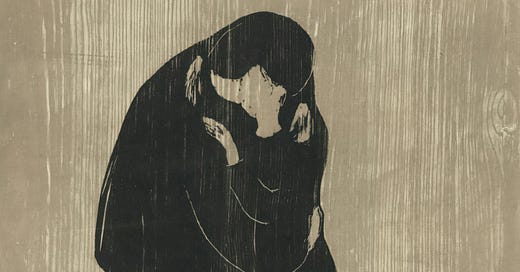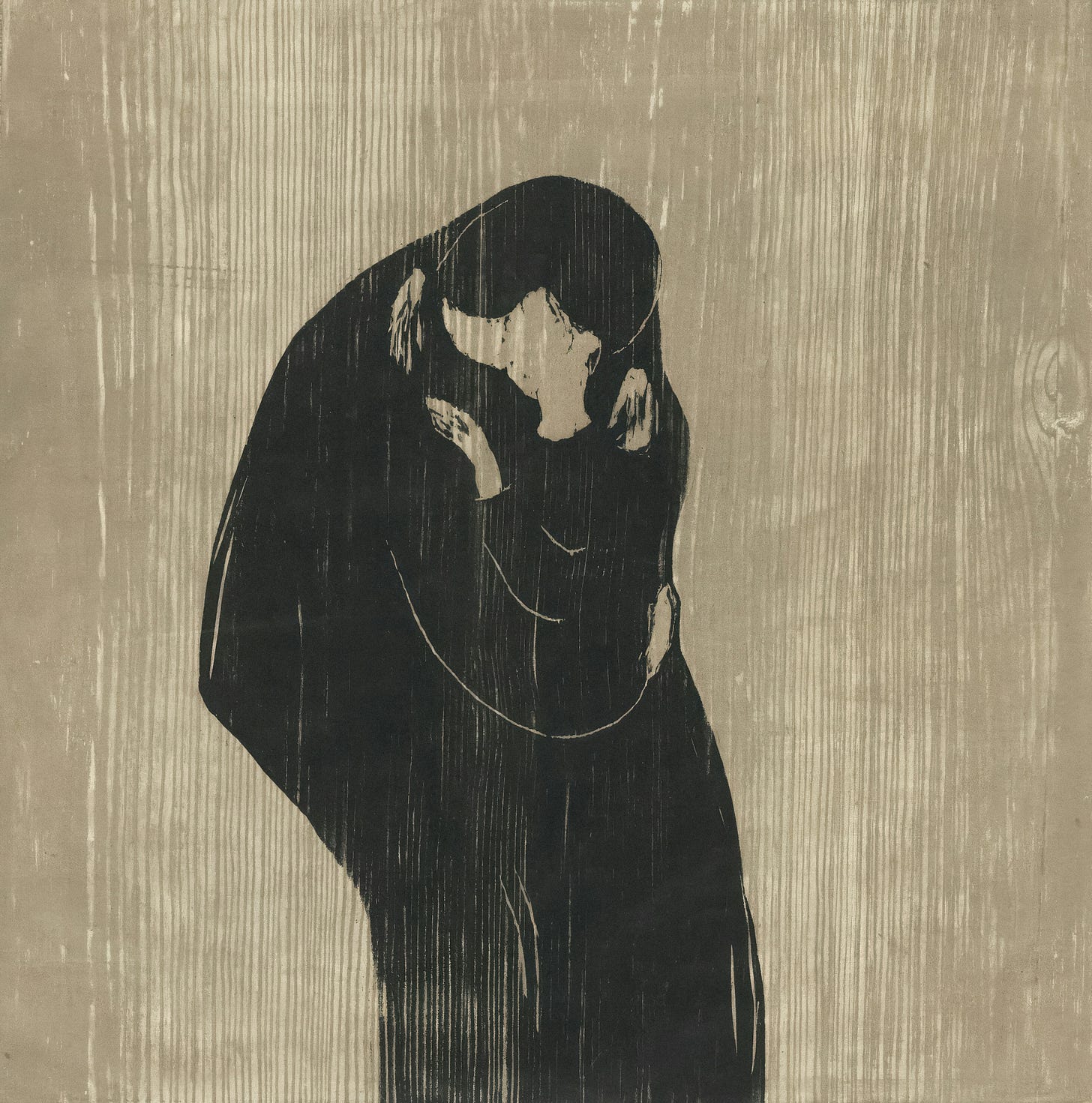Vie, though well-recovered from her fall, had entered a new phase in her deterioration, one in which her body rebelled at every turn, in its weakness encouraging her to climb back into bed, in its exhaustion and irritation seeking to focus only on tedious final tasks. Vie’s overriding need was to butt…
Keep reading with a 7-day free trial
Subscribe to Fictionalized to keep reading this post and get 7 days of free access to the full post archives.





